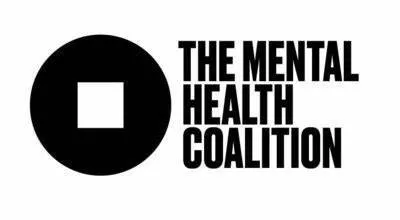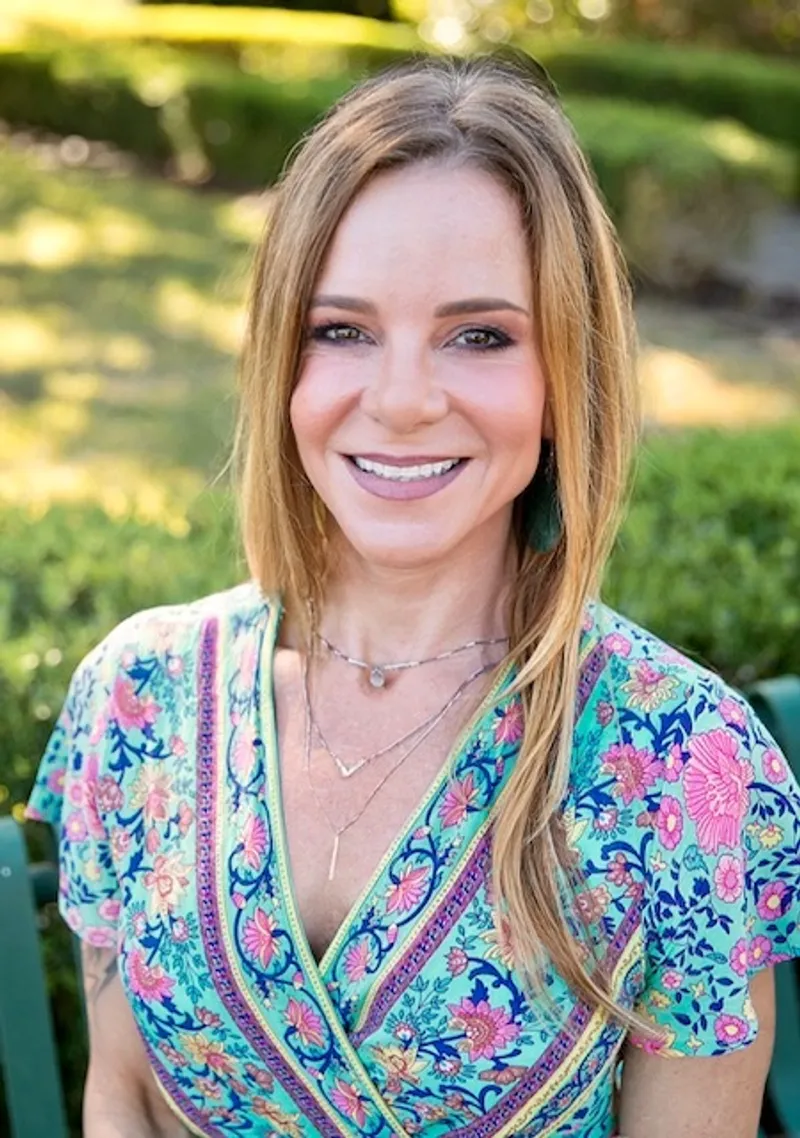Rachael's Story
The story
The following story has mentions of grief. If you or someone you know is in danger, is going through an emergency, or needs immediate attention, get help now. More mental health resources can be found here.
I’m a Gen X social worker and designer living in the Midwest with my spouse and daughter.
In late March 2023, my dad was unexpectedly diagnosed with stage IV pancreatic cancer. A cancer diagnosis—and a prognosis of only two months to live—was an absolute shock. Unfortunately, he declined rapidly and died two weeks later.
My sleep was immediately impacted, and I had recurring dreams of his last moments alive. I also had daily headaches and sudden bursts of weeping with any memory of him. I’ve learned that much of this is to be expected with complicated grief, but I wasn’t identifying it in a patient; I was seeing it in me, and I could feel myself slowly fading.
In my day-to-day job as a social worker and designer, I was on autopilot in March, April, and May of that year. I became my mom’s full-time care manager, which minimized and deprioritized my grief. When my dad was first hospitalized, I connected with my therapist as a preemptive measure and was able to see her the week before he died (and have increased to weekly since).
In talking to her and reflecting on all of it, I believe I will be navigating this grief for the rest of my life. Still, I am getting better every day, and at just a little over six months, the sadness isn’t as all-consuming as it was previously.
What surprised me most as a trauma-informed design practitioner is that even with all my knowledge and years of experience, I feel like I was completely ill-prepared for this kind of sorrow. If I wasn’t prepared, it is hard to imagine anyone could ever be. If there is anything I’ve learned, it’s that we need trauma-informed and grief-aware workplaces. It’s a moral imperative.
Related Resources
-
How-to article
Helping Someone Who’s GrievingIs someone you know grieving a loss? Learn what to say and how to comfort someone through bereavement, grief, and loss. -
How-to article
How to Deal with BurnoutThis resource from Headspace provides mindfulness strategies that may help with overcoming burnout. -
Online interactive tool(s)
Roadmap to Trauma & PTSD | The Mental Health CoalitionThis Roadmap provides an understanding of what trauma and PTSD are, their potential impact, how to cope, and where to find credible resources to further your healing journey. -
Text line | Online Live Chat
Crisis Text LineText HOME to 741741 from anywhere in the United States, anytime. Crisis Text Line is here for any crisis. A live, trained Crisis Counselor receives the text and responds, all from our secure online platform. The volunteer Crisis Counselor will help you move from a hot moment to a cool moment.


